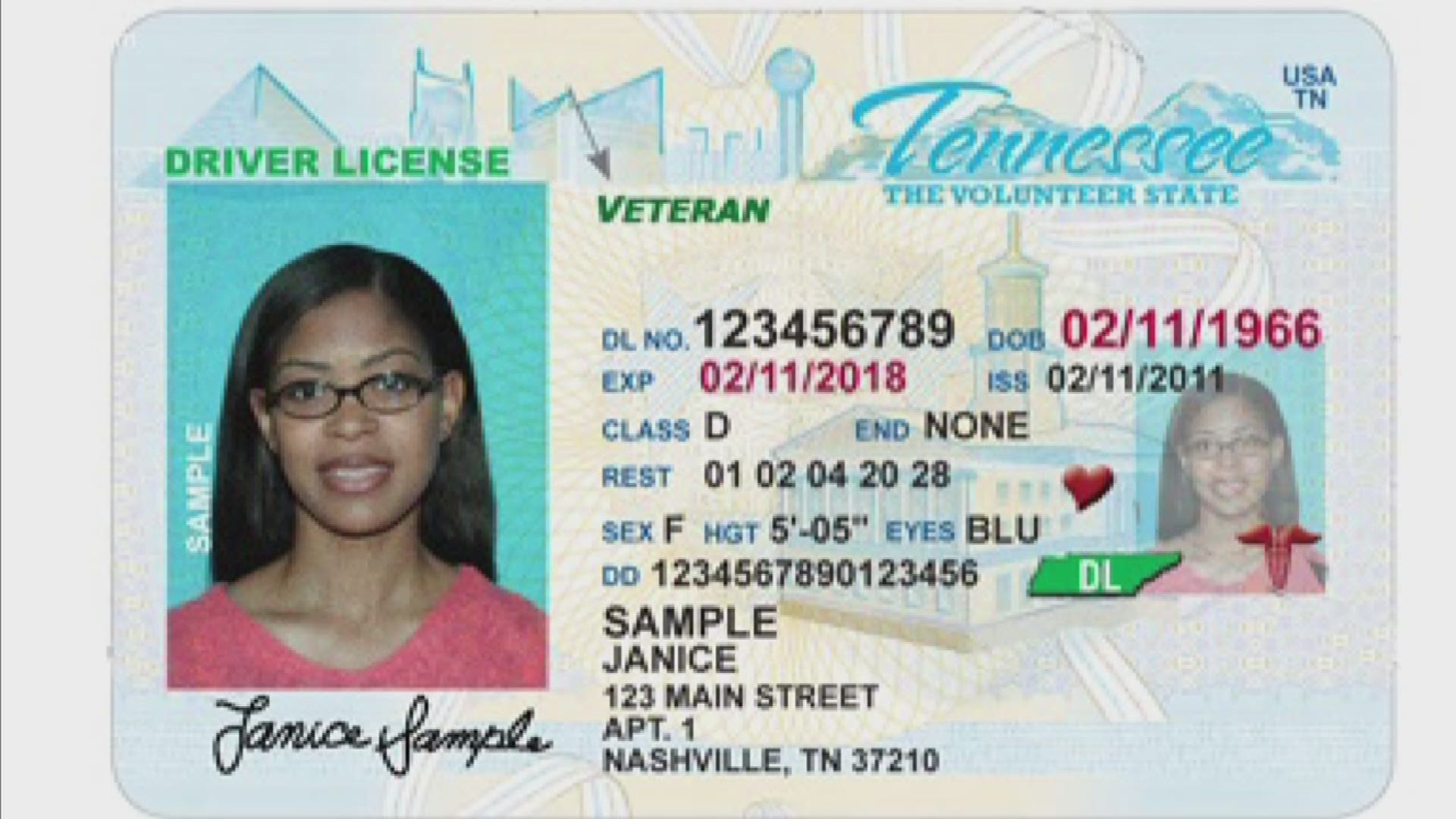It's unconstitutional for the state of Tennessee to continue revoking driver's licenses from people who can't pay court costs, a federal judge determined Monday.
The ruling from U.S. District Judge Aleta Trauger will have broad national and state ramifications, said Claudia Wilner, a senior attorney with the National Center for Law and Economic Justice in New York City who worked on the case.
Calling Trauger's ruling a "tour de force," Wilner said the order means more than 100,000 people in Tennessee can start the process today of regaining their driver's license.
"Practically speaking, this is going to be a huge benefit to the low-income people of Tennessee who are going to be able to drive to work, take their kids to school, go to the grocery store, visit the doctor, without fear of being arrested and prosecuted for driving without a license," Wilner said Tuesday morning.
"Many, many people who have been unable to find work are going to be free to go back to work again."
Court fees fuel the criminal justice system but are a significant burden for many people. Someone accused of petty crimes may still face thousands of dollars of court costs; as that person fails to pay, the costs increase.
In Tennessee, a failure to pay means the state can revoke your driver's license.
An analysis cited in the judge's order shows from July 1, 2012, to June 1, 2016, the Tennessee Department of Safety and Homeland Security revoked revoked 146,211 driver’s licenses for failure to pay fines, costs or other fees.
Only 10,750 of those people had their licenses reinstated, according to the analysis.
In January 2017, two men sued the state over the law. The lawsuit was granted class action status in March.
The law, instituted in 2012, has done nothing to help people, said Josh Spickler, a Memphis attorney who also worked on this case.
"As a public policy, it has served to do nothing but to drive people further into poverty," Spickler said.
Trauger's ruling orders the department to stop revoking the licenses and to reinstate the license of any individual who had theirs revoked due solely to non-payment of fees. The department must present a plan to the court within 60 days for how it plans to reinstate all of the licenses revoked under this law.
A spokeswoman for the department referred comment to the Tennessee attorney general.
There are similar laws in states around the country. Wilner said Trauger's ruling sets a precedent, one that could impact hundreds of thousands of people trying to improve their lives.
"This is the first decision in the nation to hold that these kinds of suspensions or revocations without consideration of a person's ability to pay are unconstitutional," Wilner said.
"The court’s opinion was so detailed and so thoughtful that we expect it to be extremely influential for other courts in other jurisdictions that will be considering the same question."

